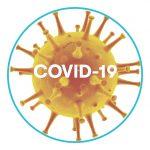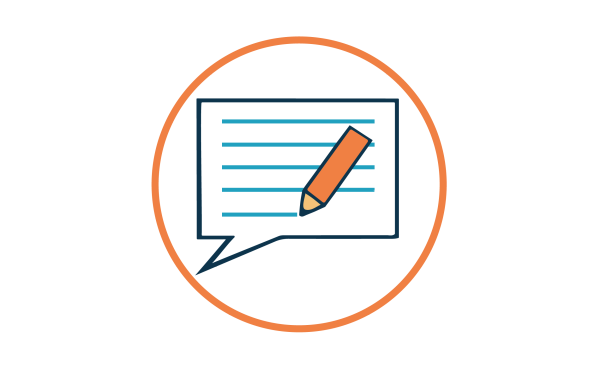5 Things I wish I’d known before COVID…. (pt. 1)

COVID-19 has presented challenges unlike anything we have faced before. In this blog, colleagues share their experiences by describing five things they wish they had known.

Advanced Critical Care Practitioner, Scotland.
The Importance of the whole team. It does not matter whether you are consultant, ACCP or Nurse, we are in it together and you find yourself taking on tasks not always in your job description. One of the ‘additional jobs’ myself and an ACCP colleague took on was fit testing, and with the chopping and changing of FFP3 Mask it was a busy and very important job. It was also an opportunity to support and reassure in the 20 minutes you are testing each person.
Bigger and smaller units. I think the large teaching hospitals like my own have a bit of an advantage during the pandemic by having services like transplant and cardiothoracic services which were able to take non-Covid patients. This meant we had more space and staff than our colleagues working in smaller units who were expanding into theatres early. We shared resources across our Health Board to support the smaller hospital, but potentially this could be shared more widely.
One thing I wish I had done. Having spent a good deal of time running table top teaching and training for traumatic major incident scenarios, a pandemic exercise was always on the to do list … and we never did it! We are getting through it thanks to teamwork and great leadership.
To understand more. Of 18 Ventilated Covid positive patients today, 17 are male. Why is that?
It’s amazing how quick the abnormal becomes the normal. Sitting in the coffee room having a conversation with colleagues who have bits of duoderm stuck all over their face – no one thinks it’s strange!?

Consultant in ICM, London.
Safety. Staff want and need to feel safe.
Oxygen. The supply of oxygen, which is never rate-limiting in a business-as-usual scenario, has a significant bearing on a site’s acute/critical care capacity during a crisis.
Innovation. A disruptive event of the likes of Covid-19 can force accelerated change and innovation in an otherwise naturally sluggish system.
Risk. Having unwittingly drifted towards a medically over-defensive and risk-averse position in the last decade or two, we have seen how our thresholds and tolerance for risk might alter in the face of resource scarcity. The premise of evidenced based practice is fragile – in an evidence vacuum we can be nudged towards unconventional clinical practice by a combination of anecdote, eminent proclamation and the irresistible human instinct of wanting to do something rather than nothing.
Visitors. Health institution visiting policy is inexorably linked with the moral health of staff not to mention the distress of both patients and families. Restricted visiting in a pandemic context can adversely impact health behaviour through the public fear of becoming admitted to hospital and kept apart from their relatives.

ICM Trainee, NW England.
Communication is key. Talking with patients and relatives is such a fundamental aspect of our specialty. Breaking bad news remotely is heart-breaking for clinicians and family alike. The inability to have that time together, to offer that personal connection; a hand on the shoulder, a hug, those moments in silence.
It is easy to feel guilty. As a dual trainee finishing off my Anaesthetic training I have struggled with the idea of not being in Intensive Care all the time. I have also heard accounts from colleagues in different parts of the country where the surge has been greater and strain more pronounced. With time I have realised that I can only do the best in my role. We are part of a much larger team that will be needed for months, if not years and the burden will be shared.
It is sometimes hard being at home. When the media is fixated on your specialty, WhatsApp is full and new protocols are being issued daily, it can be very difficult to switch off. I have struggled with this. Switching off the phone, enjoying time out in the garden and exercise (within limits) has never seemed so important.
We have got used to coping with limited capacity for too long. Throughout my training I have been used to working in Intensive Care units who run with very high occupancy rates. This became the norm for me and accepted. The NHS and Intensive Care has showed flexibility and resilience in dramatically increasing capacity but this is surely the time to put into place the funding to safeguard the care that our specialty provides.
Finally; I can actually grow vegetables. In days off I had always enjoyed time in the garden but as much as I had success in landscaping I had achieved equal success in killing off the tomatoes, potatoes and any remaining pepper plants. With the help of my kids and home- schooling these once decimated plants are now flourishing. Whether this will continue time will only tell.
Related Content
Written by: Jack Parry Jones, Nicki Credland, Guy Parsons
Written by: Zoe Brummel, Andy Breen, Peter Shirley
Written by: Ollie Cohen, Hannah Grafton-Waters, Greg Barton

